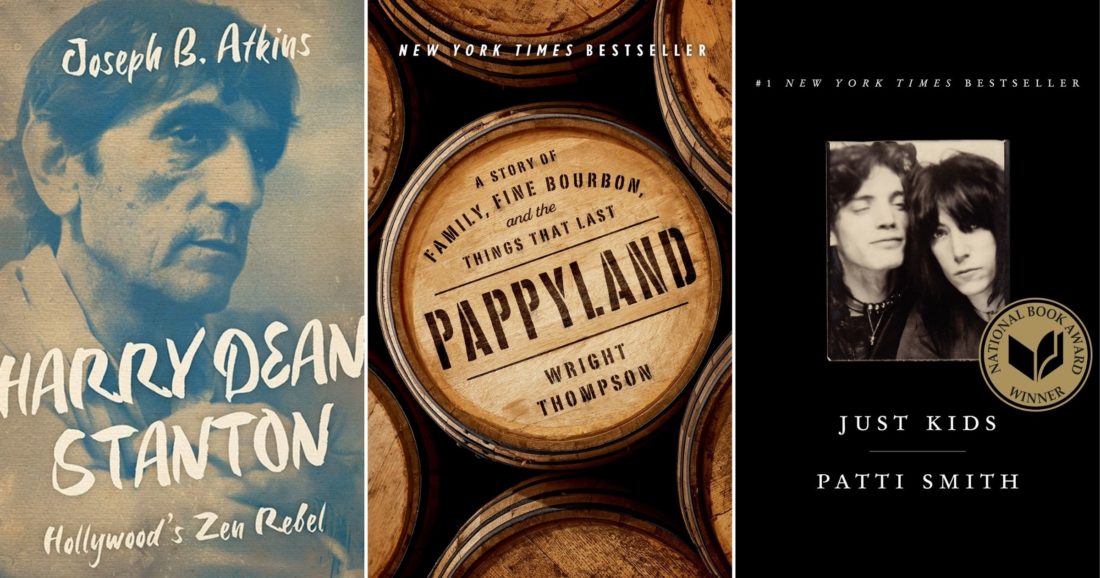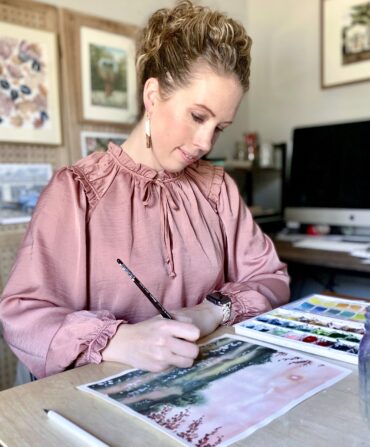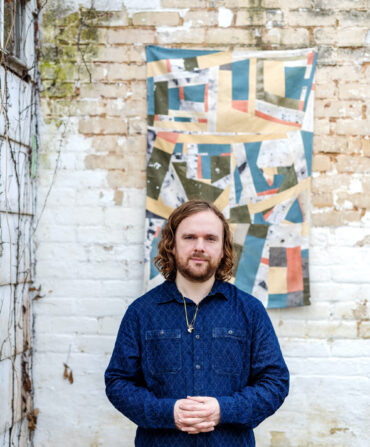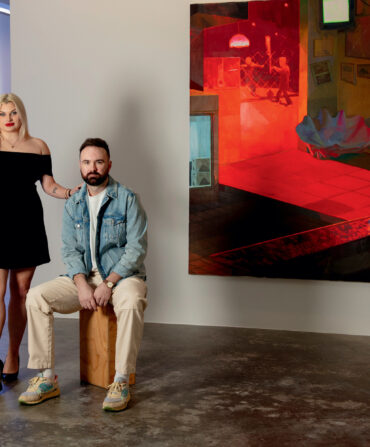It’s tough for the Oxford, Mississippi, novelist Michael Farris Smith to choose which film version of The Great Gatsby he likes better. “The Robert Redford version seems a little more natural to me,” he says, “but the 2013 version, with Leonardo DiCaprio, bangs the drum of glitz and glam, and you also really feel Nick’s loneliness.” Smith has been thinking a lot about excitement and solitude, and how they molded the novel The Great Gatsby’s leading man, Nick Carraway—and how those themes shaped the world over the last strange year. In his new novel, Nick, Smith imagines Carraway’s life before F. Scott Fitzgerald’s Gatsby, and here Smith shares how he researched the book’s Southern settings, what he’s been reading and watching during quarantine, and what it was like to revisit his own work five years after he wrote the novel and put it aside.
Tell me about the times you’ve read The Great Gatsby.
It’s a testament to what art can do to us at various stages in our life; our experience with a novel or a song or a piece of art really depends on where you are as a person. I first read The Great Gatsby in college because I had to. I didn’t get it, I didn’t understand it, and I tossed it aside. I read it again when I was living abroad a while later, and I began to understand it more because my notions of home were changing and all my views were being formed in ways I hadn’t expected. And then I picked it up fifteen years later, just wanting something short to read. It was a very surreal experience—something on every page seemed to talk to me. When I got to the end of the book and Nick realizes it’s his birthday and he’s forgotten it’s his birthday—how does someone become so detached from themselves that they don’t even know it’s their birthday? He’s turning thirty and anticipating a decade of loneliness. I stopped in that moment and put the book down. I thought about when I was turning thirty and had lived abroad for several years and came home to Mississippi where my friends had gotten married, had babies, and bought houses. I showed back up in town with a duffel bag and a feeling that I wanted to write—I was apprehensive, but I was exhilarated. I know exactly what a decade of loneliness feels like.
Why does it seem like Gatsby is having such a moment right now?
The copyright on the novel expired at the end of 2020, so now it’s in the public domain—that’s why you’re seeing all the new editions from different publishers. It’s also why we could publish Nick now. I wrote it five years ago, and I was advised I couldn’t publish it because I would be sued for copyright infringement. I just nodded and said okay, but I was fairly devastated at the time. I published three novels in the meantime—Desperation Road, The Fighter, and Blackwood— and then I went back to revise Nick last year.
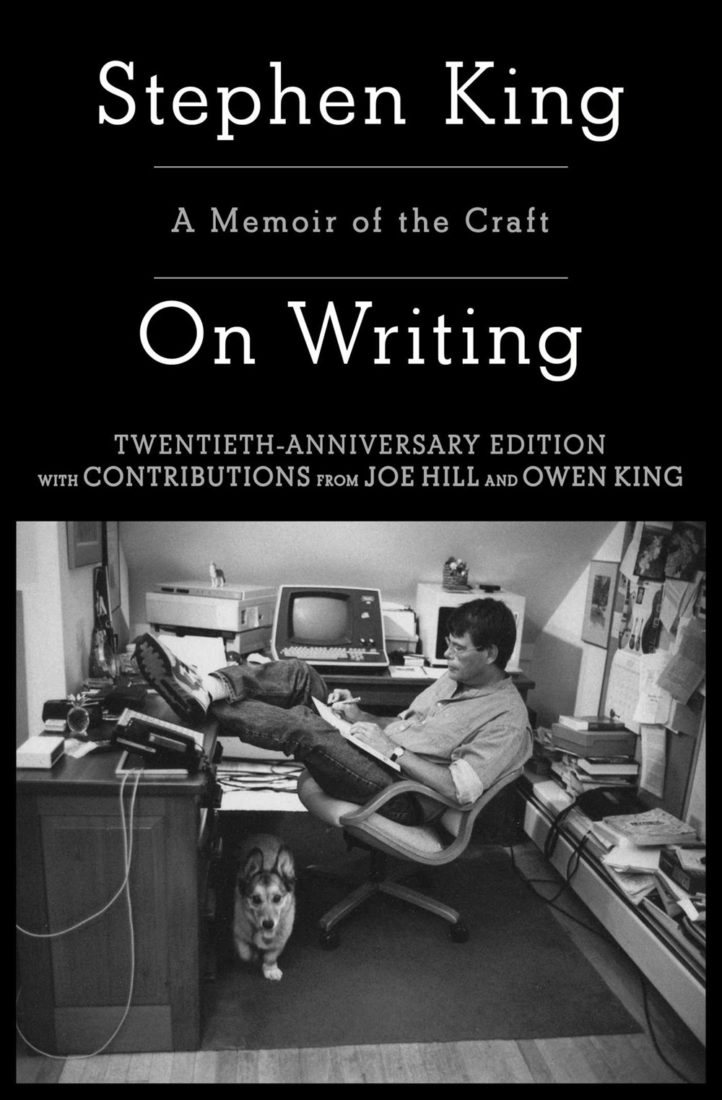
Have you ever read Stephen King’s book On Writing? He talks about the power of putting aside your work and editing it later.
Oh yeah, I was marking out pages of dialogue from that draft, and I think at the top of one page, I wrote “YUCK.” I was like, Who wrote this dialogue? I can’t stand it. But honestly, I was pretty moved by the experience. When I started reading back through it, I realized I had become a better writer from five years before. I think it was validating to realize you can get better at your craft. All the work you put in—you’re getting better all the time. I also was able to go back and make some of the scenes more dynamic, and I tried to make some of the images more dreamlike.
In the book, that dreamlike quality came through in a scene when Nick steps into New Orleans.
I read about New Orleans in 1919 and I was mesmerized by the place, the dialects, the whole scene—it was a brave new world for Nick, an America he never knew existed. And for me, too, it was a reminder of just how dynamic and complex a place we live in, in the South. All the sights, smells, sounds, and the lingo—I was really concerned about getting those things right.
What did you read to get a sense of the time period?
In particular, the book Dixie Bohemia, which captured that Lost Generation time period in New Orleans, the writers and the artists who were there during the turn of the century up through WWI and the 1920s. It was vibrant and real, and it was such a pulling back of the curtain. When I sat down to revise Nick last year, I was amazed at how timely it felt. The feelings and the emotions are so similar one hundred years later. Back then, we were a country on the tail end of a great transition, in a pandemic, and also on the edge of the crooks and the muscles taking over because of Prohibition. It was also a time of gender roles changing because of the war, and there were some feelings of doubt and mistrust about where our national identity was going. I can absolutely see why the 1920s were called “roaring.” I think so many people right now are ready to cut loose, to go out and drink and dance and have a good time.
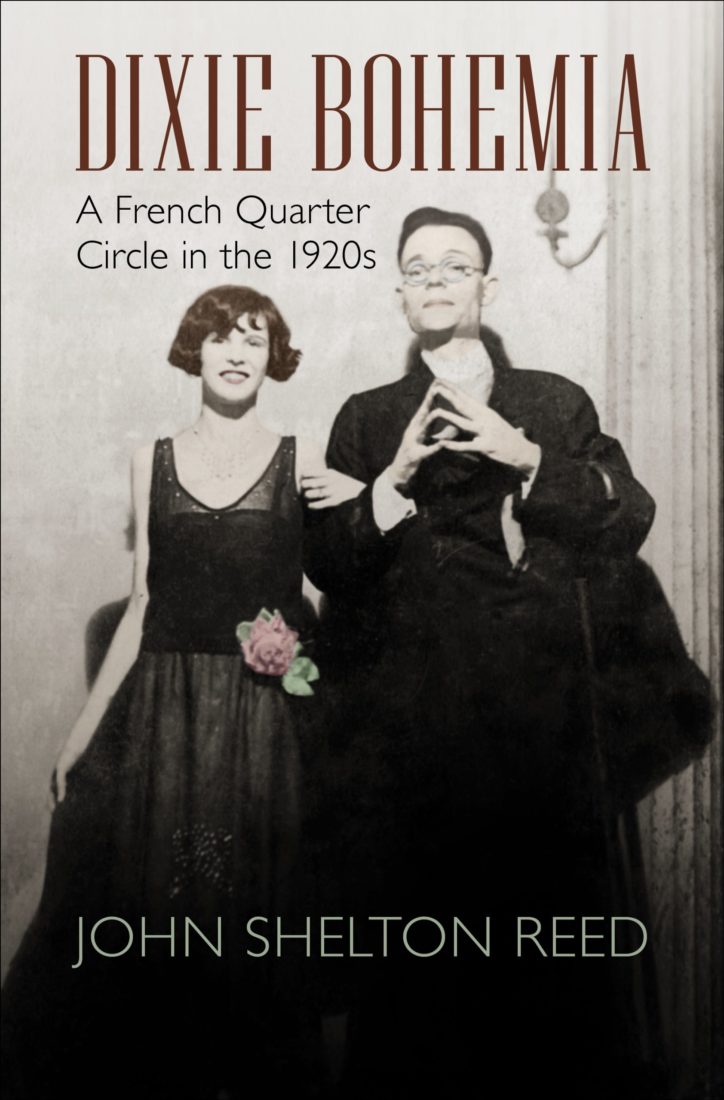
What have you been doing with more time at home?
Creatively, it’s been hard for me to focus, but I just kept jabbing at things to keep the tools sharp, so to speak. My wife and daughters taught me to play chess and then proceeded to beat me to a bloody pulp every single time. So I had to get the chess app on my phone so I could practice. My wife started cooking more and cooking different things. She makes a mean chili. And I realized that when you pick out a bottle of wine or bourbon, just pick something you really like—there’s no sense in playing around anymore. Don’t worry about saving $5. We’ve gotten back on a French wine kick, and for me, Makers 46 is a favorite bourbon, as well as Elijah Craig 12 year, and Eagle Rare.
Watch anything good lately?
We rewatch a lot of things we know we love, something that always makes us laugh. Raising Arizona gets me every time. Crazy Heart is another one of my favorite movies. There’s an obscure Steve Buscemi film, Living in Oblivion, that’s so dry witted and funny. Sideways, from the beginning to the end, is an absurdly comic film for an absurdly comic time. And of course, I put on an episode of Seinfeld or The Office to know I can sit down and enjoy something for twenty minutes and not think about much else.
What have you been reading?
I’ve been reading some nonfiction—the new Harry Dean Stanton biography, Wright Thompson’s Pappyland, and Patti Smith’s memoir Just Kids. I find myself wanting to be connected to these other people who have done creative and inspirational things with their lives. As a writer, your emotions can be all over the place, and I like being inspired by other people and seeing what they dealt with, what they overcame to just do that thing they wanted to do.
